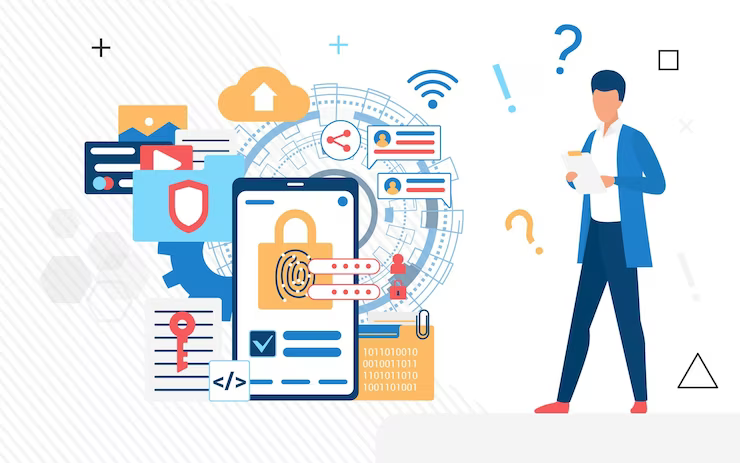
In today's digital age, it's easier than ever for personal information to end up online without our consent. Whether it's through social media, online directories, or data breaches, our personal details can easily be accessed by anyone with an internet connection. This can leave us feeling vulnerable and exposed, but there are strategies we can employ to take control and remove our personal information from the internet.
One of the first steps in reclaiming our online privacy is to conduct a thorough search of our name and personal details on popular search engines. By searching for variations of our name, phone number, and address, we can identify any websites or databases that are displaying our personal information. Once we have a clear understanding of where our information is being shared, we can begin the process of removing it from these sources.
Many websites that display personal information have opt-out policies that allow individuals to request the removal of their data. This typically involves submitting a request through an online form or contacting the website directly. It's important to follow the website's specific instructions for removal to ensure that our information is taken down promptly. While some websites may comply with these requests quickly, others may take longer to process removals, so it's essential to be patient and persistent in following up.
In some cases, personal information may be listed on websites that are not responsive to removal requests, or the process may be too time-consuming to be practical. In these situations, there are online services and tools available that can help automate the removal process. These services often require a fee, but they can save us time and effort in the long run by ensuring that our personal information is removed from as many sources as possible.
Another strategy for removing personal information from the internet is to contact data brokers directly. Data brokers are companies that collect and sell personal information to third parties, and they often have opt-out policies that allow individuals to request the removal of their data from their databases. By identifying the data brokers that are selling our information, we can submit opt-out requests to have our data removed from their records.
When it comes to social media platforms, we can take steps to review our privacy settings and limit the amount of personal information that is publicly available. By adjusting our privacy settings to restrict who can view our profile and posts, we can reduce the chances of our personal details being accessed by unwanted parties. It's also a good idea to regularly review our social media accounts for any outdated or sensitive information that we may want to remove.
It's important to note that removing personal information from the internet is an ongoing process that requires vigilance and persistence. As new websites and databases continue to collect and share our information, we must remain proactive in monitoring our online presence and taking steps to protect our privacy. By following these strategies and staying informed about our online footprint, we can take control of our personal information and reduce the risks associated with having our data exposed online.
In conclusion, removing personal information from the internet may seem like a daunting task, but with the right strategies and tools, we can reclaim our online privacy and protect ourselves from potential risks. By conducting thorough searches, submitting removal requests, and utilizing online services, we can take control of our personal information and ensure that it is not easily accessible to others. By staying vigilant and proactive, we can safeguard our privacy and maintain a sense of security in an increasingly digital world.
